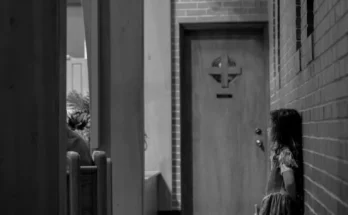I was exhausted—emotionally, mentally, spiritually. My husband, once my rock, had become distant, dismissive, and strangely defensive whenever I brought up how I felt neglected. I wasn’t asking for grand gestures, just presence. Just partnership. So one evening, after another silent dinner and another night of him glued to his phone, I broke down in front of my mother-in-law.
I expected her to defend him. To tell me I was overreacting. But instead, she sat quietly, then said something that stopped me cold.
“He’s not cold because he doesn’t love you. He’s cold because he doesn’t know how to love without fear.”
She told me about his childhood—how his father abandoned them when he was ten, how she worked three jobs and rarely had time to show affection, how he learned to survive by shutting down emotionally. She confessed that she never taught him how to express love, only how to endure.
I was stunned. I had spent months interpreting his silence as rejection, his forgetfulness as carelessness. But now I saw it differently: he was trying, in the only language he knew—through stability, routine, and quiet loyalty.
That night, I didn’t confront him. I sat beside him, held his hand, and said, “I know you’re trying. I see it now.” He didn’t cry, but his grip tightened. And for the first time in months, he looked me in the eyes—not with guilt, but with relief.
Since then, we’ve started therapy. It’s not perfect, but it’s progress. And I’ve learned that sometimes, the person you’re angry at isn’t the villain—they’re just carrying wounds you haven’t seen yet.


